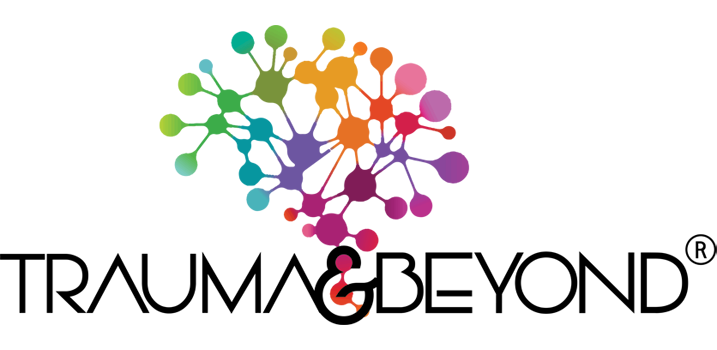Cognitive Behavioral Therapy is a type of therapy that is generally short term and goal oriented. It focuses more on the analytic or thinking part of the brain (left brain) and the thought processes through working to change patterns of thinking and behaving that connect to a clients identified problems. The focus is on changing the thinking pathway, such that thoughts, feelings, emotions are identified as inter-connected and if you change one the others will also shift/change. The therapist works with the client to identify, express, explore their attitudes and beliefs and how these thoughts interconnect with behavior. The importance of the “meaning’ a client places on these thoughts is a most important part of the CBT work. Gaining insight is not considered focus of CBT treatment, insight is more geared toward therapies that focus on right brain connections.
What is Cognitive Behavioral Therapy?
CBT therapy often utilizes “protocols” and will use workbooks and homework to support the changes in thoughts and behaviors. The “cognitive” portion focuses on automatic- thoughts, rational thoughts, irrational thoughts, and internal dialogues that may have been patterns since childhood based on personal meanings we place on things and approached in a step-by-step style. CBT might ask a person to record their depressive thoughts, and then examine them realistically, and think of alternating thoughts. Helping monitor moods (anxiety and depression) on a daily mood record or as part of a thought record can support a client’s capacity to be aware of changes and fluctuations in moods.
Negative thoughts can block us from being able to see a pattern or rut we are stuck in. At our Los Angeles center, Cognitive Behavioral Therapy teaches a person how to analyze and examine their thoughts and test whether they are rational or irrational.
CBT can be used on its own or in conjunction with other modalities. It is most suited for working through a specific focus and goal. It is an easily researched modality since it is often scripted and the research has shown it can help bring real cognitive shifts. (PsychCentral.com)
